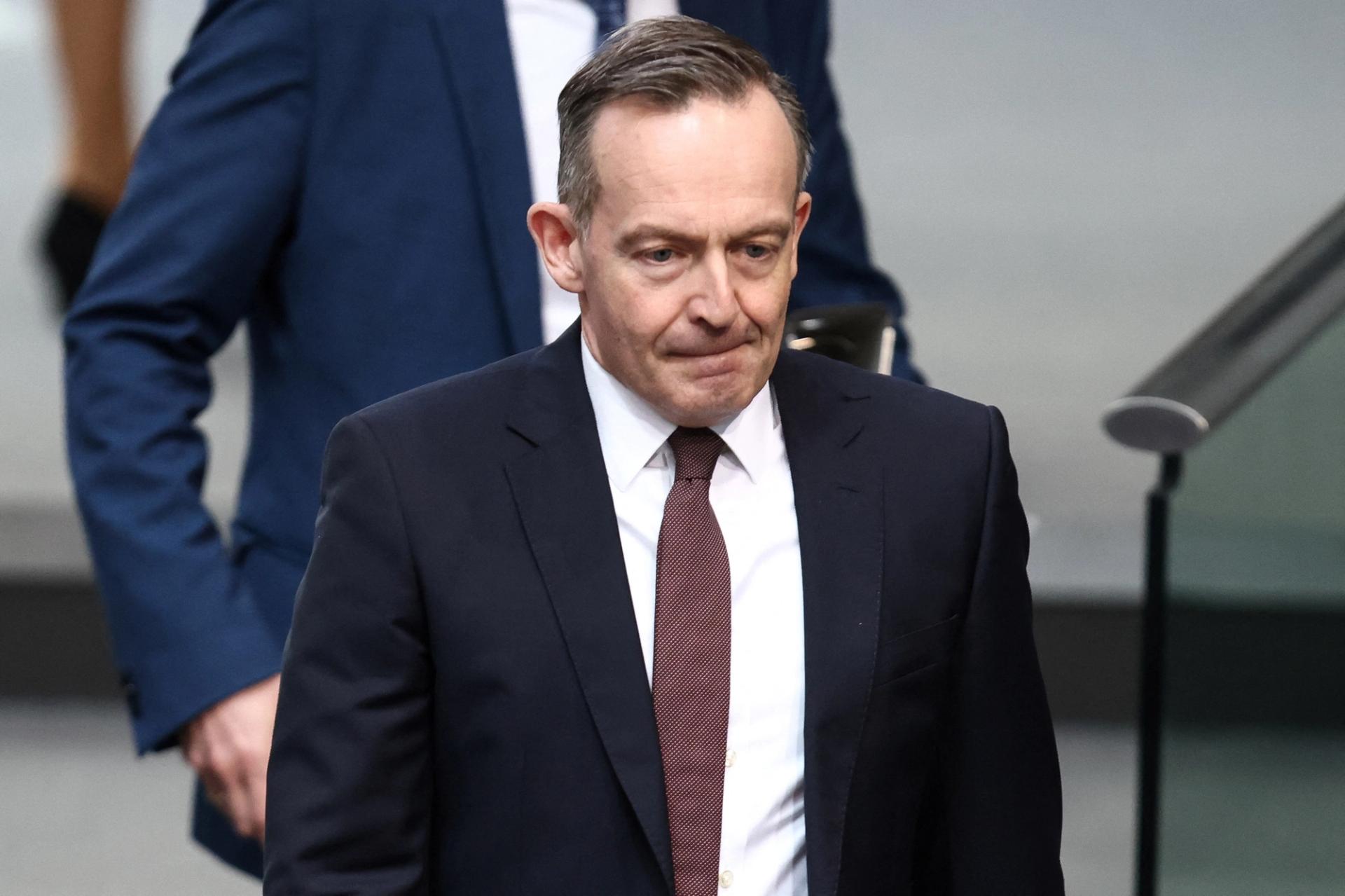The News
Germany’s parliament on Friday amended the country’s climate change legislation after weeks of debate, in a move that has dismayed climate activists.
The reform to the Climate Protection Act will reduce the responsibility for individual government ministries to meet their own annual emission targets, and will now focus on achieving collective government targets to cut emissions. The amendment will give leeway to ministries like transportation who had pressed for a more flexible approach after historically failing to reach set emission goals. Climate NGOs warned that the reforms will reduce the overall efficiency of reaching emission targets.
The debate on climate law reform tested the limits of the Chancellor Olaf Scholz’s brittle government, with his cabinet proposing radical changes if their party’s demands could not be met.
SIGNALS
Scholz stresses commitment of private sector in emissions goals
The German government is pushing private firms to invest more in fighting climate change as individual ministries reduce their burden. “Discussions which focus only on public financial pledges aren’t nearly enough,” Chancellor Olaf Scholz said at Berlin’s Petersberg Climate Dialogue on Friday, adding that the $2.4 trillion per year that experts have said is needed for developing countries to switch to renewable energy sources cannot be entirely supplied by public institutions.
Transport minister threatened weekend driving ban if reform wasn’t passed
Before the amendment, Germany’s transportation minister had threatened to ban weekend driving indefinitely for the agency to reach its independent emission targets. Minister Volker Wissing also dismissed other proposals to reduce emissions like implementing a speed-limit on Germany’s autobahn highways. “Wissing has wasted two years blocking every climate protection measure in road traffic — now he is coming up with horror scenarios so that he won’t have to do anything in the future either,” said one Greenpeace mobility expert.
Reform debate is latest coalition clash that is increasing support for German far-right
The lengthy debate over climate reform within Germany’s ruling coalition once again tested the limits of the fragile alliance between the Social Democrats, Free Democrats, and The Greens. Their relationship has been fraught over socio-economic differences, including an incident when the Green Party proposed a ban on hunters importing trophy kills from Africa, angering the libertarian-leaning Free Democrats and prompting Botswana to threaten sending 20,000 elephants to Germany to illustrate the issue of overpopulation. The inter-alliance fighting is pushing voters to favor the far-right AfD party, the Financial Times reported. “Sometimes it feels more like childcare than actually running a country,” one cabinet minister told the FT on current frustrations.

